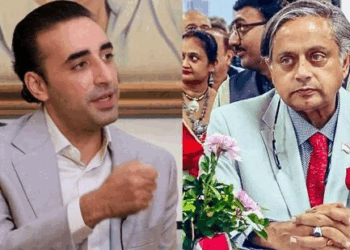In response to the rising instances of bomb threats targeting airlines, the Indian government is taking significant steps to bolster aviation safety. The Ministry of Civil Aviation is proposing to include individuals who issue false bomb threats on a national no-fly list, aimed at deterring such acts and ensuring the safety of passengers and crew.
With bomb hoaxes causing panic, disruptions, and financial losses for airlines, the Centre is looking to introduce stricter penalties for offenders. According to sources, individuals found guilty of making such threats—whether for personal motives or as pranks—will face severe consequences, including being barred from flying on any domestic or international airline operating in India.
These bomb threats, whether credible or not, force airlines to take immediate action, often resulting in emergency landings, grounded flights, and significant delays. These situations also mobilize security agencies and emergency response teams, stretching resources and causing massive inconveniences to passengers.
The proposed move to add perpetrators to a no-fly list follows the existing model used for unruly passengers, which has already proven effective in reducing in-flight disruptions. By expanding this list to include those who disrupt air travel with bomb threats, the government aims to create a strong deterrent.
Experts have welcomed the move, stating that it could significantly reduce the number of false bomb threats, which have become more frequent in recent years. Security agencies are working closely with the Directorate General of Civil Aviation (DGCA) to formalize these regulations, ensuring swift identification and punishment of offenders.
If the plan is implemented, the no-fly list could serve as a robust tool in safeguarding aviation against security threats, both real and fabricated, while reassuring passengers that measures are in place to handle any potential risks.








 India
India












